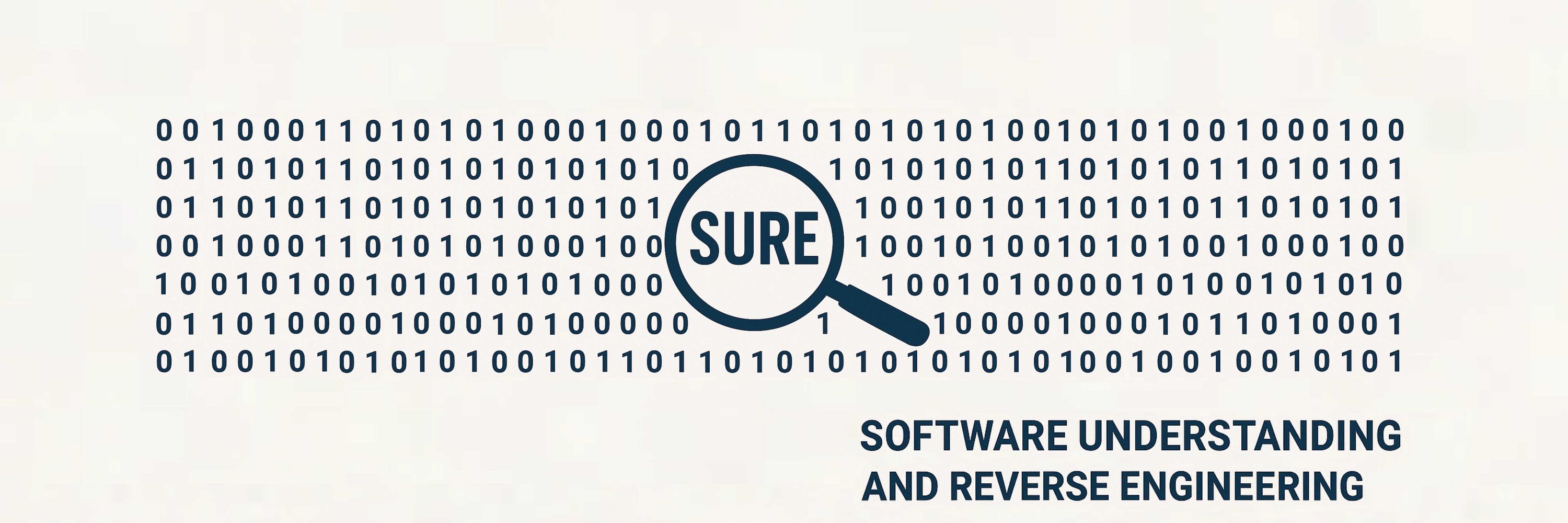
See you all next year!

See you all next year!

Changyu "Thomason" Zhao is presenting "LibIHT: A Hardware-Based Approach to Efficient and Evasion-Resistant Dynamic Binary Analysis".
He is presenting virtually.

Changyu "Thomason" Zhao is presenting "LibIHT: A Hardware-Based Approach to Efficient and Evasion-Resistant Dynamic Binary Analysis".
He is presenting virtually.


Florian Magin is back to present:
"Towards Scalable Evaluation of Software Understanding: A Methodology Proposal"

Florian Magin is back to present:
"Towards Scalable Evaluation of Software Understanding: A Methodology Proposal"

Well, Florian Magin, is presenting "Measuring While Playing Fair: An Empirical Analysis of Language and Framework Usage in the iOS App Store" to answer that!
Well, Florian Magin, is presenting "Measuring While Playing Fair: An Empirical Analysis of Language and Framework Usage in the iOS App Store" to answer that!



We'll be live-tweeting talks as they happen!
We'll be live-tweeting talks as they happen!
"Reverse Engineering in the 2020s: Where are we, and where should we go?"
This will be an inspiring start to the workshop.
"Reverse Engineering in the 2020s: Where are we, and where should we go?"
This will be an inspiring start to the workshop.
sure-workshop.org/pa... (paper links out soon)
sure-workshop.org/pa... (paper links out soon)

sure-workshop.org/
sure-workshop.org/


sure-workshop.org/
sure-workshop.org/
Our submission site is now open: sure25.hotcrp.com/. The submission deadline is June 28th AoE. We look forward to seeing your novel work 🔥.
Our submission site is now open: sure25.hotcrp.com/. The submission deadline is June 28th AoE. We look forward to seeing your novel work 🔥.
So, what is SURE? More in the 🧵
So, what is SURE? More in the 🧵

